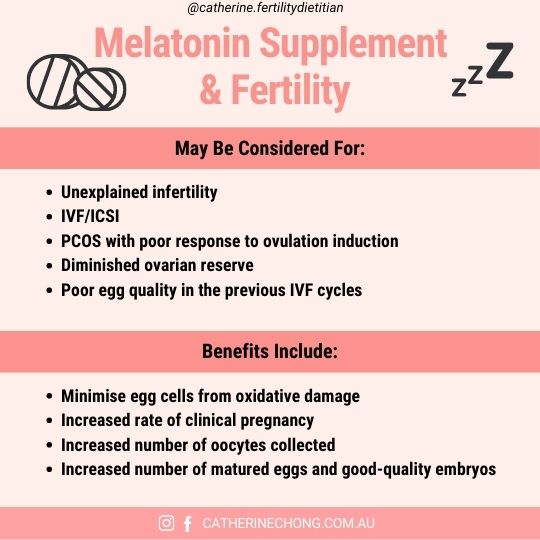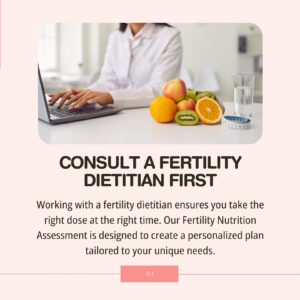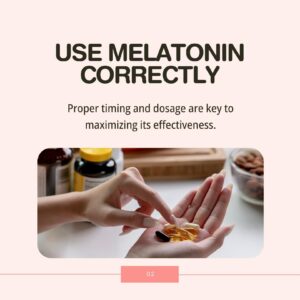Melatonin and Fertility: Latest Insights on IVF & Egg Quality
Melatonin, widely recognised as the “sleep hormone”, is gaining attention for its potential role in fertility treatment and assisted reproductive technology (ART). Recent research highlights how melatonin and fertility are interconnected, showing promising results for oocyte (egg) quality, embryo development, and pregnancy success—especially for women undergoing in vitro fertilisation (IVF).
This blog explores the latest scientific findings and the potential benefits of melatonin supplementation for fertility.
1. Can Melatonin Improve Oocyte Quality and Maturation in PCOS?
Polycystic ovary syndrome (PCOS) is a common condition that affects fertility, often leading to poor oocyte quality. A recent study found that oral melatonin supplementation significantly improved IVF outcomes for women with PCOS:
- Increased the number of mature oocytes
- Improved the rate of high-quality (Grade A) embryos
- Boosted clinical pregnancy rates by 1.8 times (Pilehvari et al., 2023).
These findings suggest that melatonin is closely linked, particularly for women with PCOS undergoing IVF.
2. Melatonin Improves Pregnancy Outcomes in IVF Patients
A 2022 clinical trial examined the impact of melatonin supplementation on IVF outcomes. Key findings included:
- Women who took 3 mg of melatonin daily for one month before ovarian stimulation had significantly higher pregnancy rates (86.2%).
- Melatonin improves oocyte maturation, enhancing ovarian function.
- It increased blastocyst formation rates, leading to higher-quality embryos (Yuzko et al., 2022).
These findings indicate that melatonin may optimise IVF treatments, especially for women with age-related fertility concerns.
3. Can Melatonin Help With Age-Related Infertility?
As women age, oxidative stress within ovarian follicles increases, impacting egg quality and fertility potential. A 2023 review examined how melatonin may help counteract age-related fertility decline and found that:
- Melatonin may extend the reproductive lifespan by protecting ovarian reserves.
- It reduces inflammation and oxidative stress, key factors in ovarian aging.
- Melatonin supplementation could help preserve fertility for women delaying pregnancy (Reiter et al., 2023).
For women in their late 30s and 40s, taking melatonin for fertility may offer a natural way to support ovarian health and improve IVF outcomes.

Should You Take Melatonin for Fertility?
If you’re undergoing IVF, managing PCOS, or concerned about age-related fertility decline, melatonin supplementation may be beneficial. However, it’s essential to:
- Consult a fertility dietitian before starting melatonin—our fertility nutrition assessment and tailored supplement plan can significantly enhance your chances of conception.

- Ensure proper dosage and timing to maximise its benefits.

- Combine melatonin with a healthy lifestyle, including sleep optimisation and fertility-friendly nutrition.

Bottom Line:
- Melatonin may help extend reproductive lifespan by reducing inflammation and oxidative stress in the ovaries, preserving fertility for women delaying pregnancy.
- While melatonin shows promise, proper dosage and timing are crucial.
